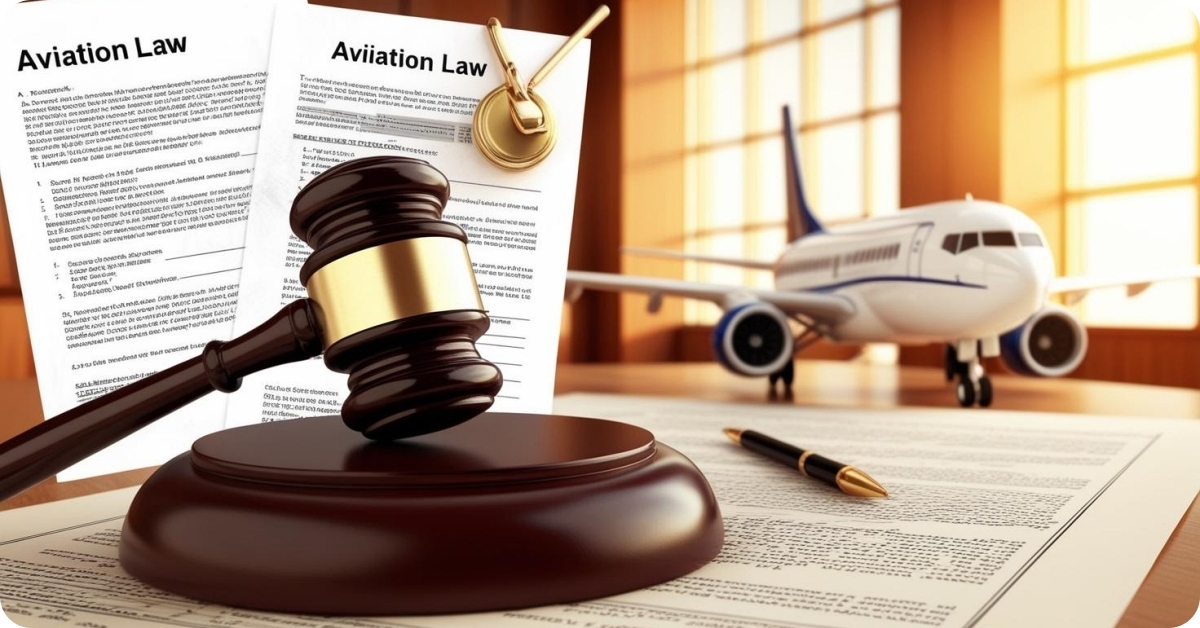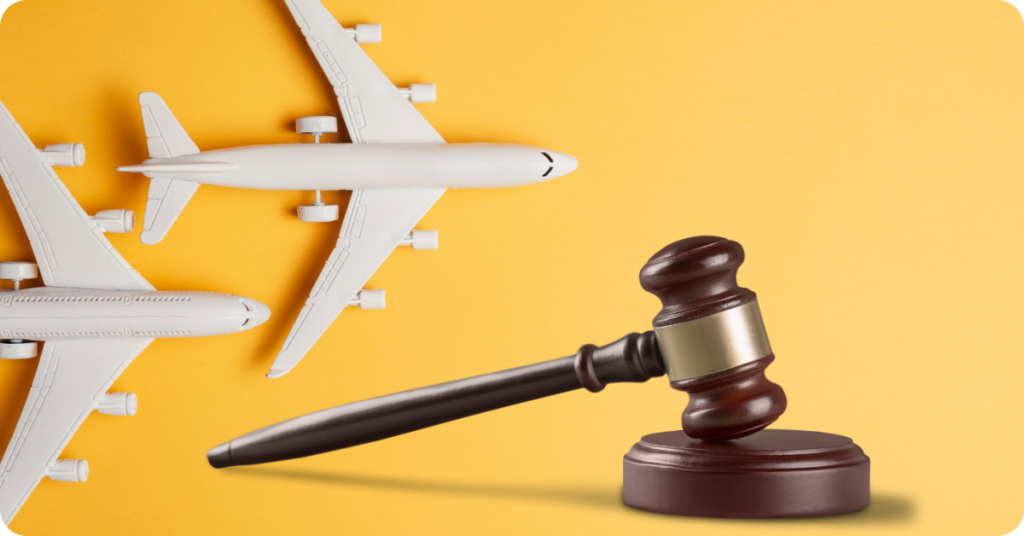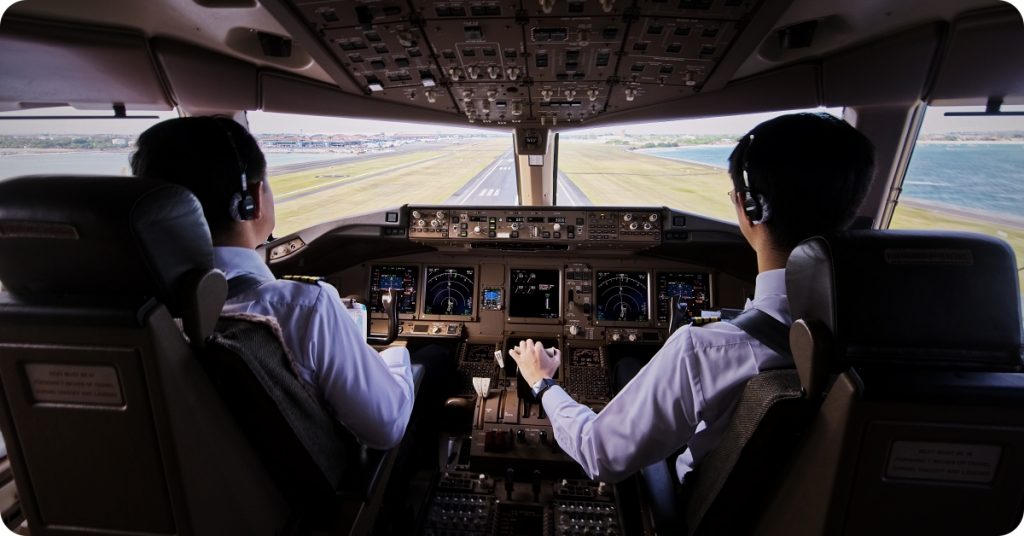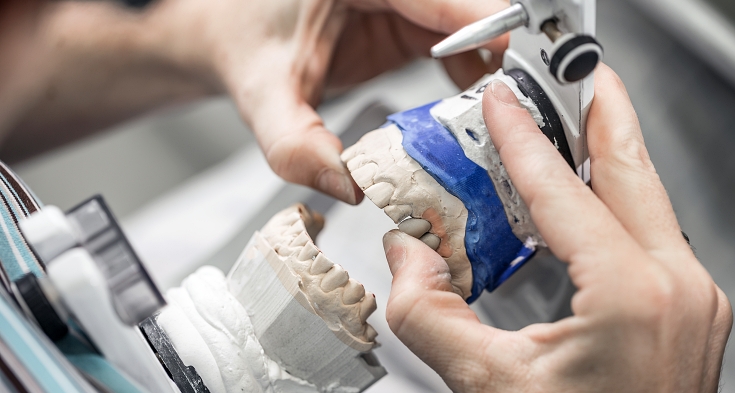
Filing an airplane insurance claim after a mechanical failure, runway incident, or emergency landing is stressful enough. But finding out that your claim is now under investigation? That’s when things can get serious—and expensive.
Aircraft owners in Florida and across the U.S. are often blindsided when insurers shift from cooperation to suspicion. You may receive follow-up questions, requests for pilot logs, aircraft maintenance records, and even interviews with third parties.
If your airplane insurance claim is under investigation, don’t wait until your payout is denied.At Elevate Legal Services, our aviation attorneys help aircraft owners, charter operators, and FBOs protect their rights and fight back against bad-faith tactics.
Here’s how to navigate the situation—and when to involve legal counsel.
Why Are Aviation Claims Investigated?
Insurance companies investigate airplane claims to:
- Rule out fraud or material misrepresentation
- Ensure the incident is coveredunder the policy
- Verify compliance with FAA regulations
- Assess whether pilot error, negligence, or unapproved maintenancecontributed
But let’s be honest—many investigations are less about fact-finding and more about finding reasons to reduce or deny your claim.
Signs Your Claim Is Being Investigated
 Some common red flags include:
Some common red flags include:
- Requests for detailed flight logs or pilot credentials
- Insistence on recorded statements
- Repeated follow-ups from insurance adjusters
- Delays in response time or lack of updates
- Requests for third-party interviews (e.g., tower communications, mechanic records)
- Letters referencing policy exclusions, waivers, or violations
If your insurer suddenly goes quiet or starts building a file that feels more like a case against you than a payout, it’s time to get legal help.
Step 1: Review Your Policy with a Legal Professional
Aviation insurance policies can be dense, filled with clauses that seem vague until they’re used against you. Exclusions may include:
- Unauthorized pilot use
- Violations of airspace restrictions
- Unapproved modifications
- Use of aircraft for commercial purposes without a specific endorsement
We recommend immediately reviewing your policy with an experienced aviation attorney to determine:
- Whether the claim should be covered
- If the insurer is acting in bad faith
- What documentation is requiredunder the policy
Explore our Airplane Insurance Claim Servicesfor detailed legal guidance.
Step 2: Limit Direct Communication With the Insurance Company
Every word you say—from an email to a casual statement—can be used to undermine your claim. That’s why we strongly advise having your attorney manage communications with the insurer once an investigation is initiated.
Your lawyer can:
- Ensure all responses are accurate and on-record
- Reject unnecessary or invasive demands
- Keep the focus on policy obligations, not scare tactics
Prevent the insurer from turning a legitimate claim into a legal minefield
Step 3: Preserve All Aircraft Records
Insurers may try to poke holes in your maintenance history or allege that pilot errors voided the policy. You’ll need:
- Aircraft logbooks
- Maintenance and repair records
- Pilot certifications and currency logs
- Airworthiness documentation
- Any FAA or NTSB reports (if applicable)
- Photos or video evidence from the incident
Do not alter or “clean up” any records. Everything needs to be preserved exactly as it was to maintain credibility.
Step 4: Be Aware of Bad Faith Insurance Tactics
Some insurers initiate an “investigation” not to determine the truth—but to run out the clock, wear you down, or pressure you into accepting a lowball offer.
In Florida, insurance companies are prohibited from:
- Unreasonably delaying investigations
- Failing to communicate policy limitations clearly
- Misrepresenting coverage
- Offering settlements far below reasonable value
If you suspect foul play, you may have a valid bad faith claim, allowing you to pursue additional damages beyond the original policy amount.
Step 5: Be Ready to Negotiate or Litigate
 Once the investigation concludes, your insurer will either:
Once the investigation concludes, your insurer will either:
- Approve your claim
- Offer a partial payout
- Deny your claim entirely
If you disagree with the outcome, our legal team can initiate a formal dispute process, which may include:
- Internal appeals
- Mediation or arbitration
- Filing a lawsuit for breach of contract or bad faith
We’ve represented aircraft owners across Florida in disputes involving hull damage, liability claims, emergency landings, and denied payouts.
Final Thoughts: Don’t Let the Insurer Take the Controls
You paid for coverage. You followed the rules. Now your claim is being investigated like you did something wrong.
Don’t go through this alone.Insurance companies have their own lawyers, and so should you.
Is Your Airplane Insurance Claim Under Investigation?
📞 Contact Elevate Legal Servicesto speak with a Florida aviation insurance attorney today. We’ll protect your rights, preserve your claim, and hold your insurer accountable.





